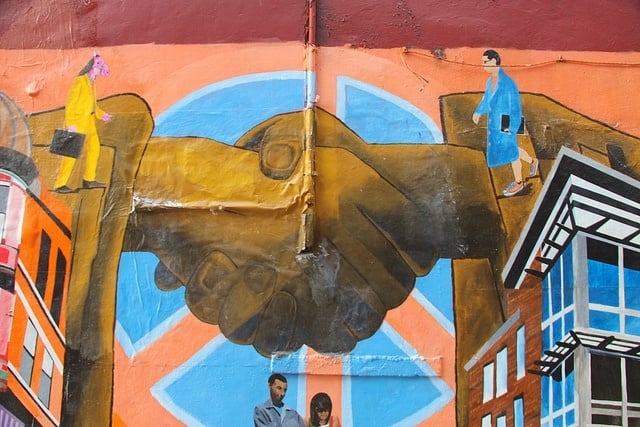Once a person is assigned a stigmatizing label, they are often seen as “less than” and in need of fixing for the remainder of their lives. Members of the larger society often see individual recovery as only partially effective or non-existent. These erroneous conclusions do not go away--no matter how successful or how accomplished the individual may be. These views can be mitigated by the inclusion of peer providers in various key roles.
Peer providers help employers, colleagues, other peers, and services users by example. They use their recovery experiences to make systems of care more focused on the needs of individuals. Peer providers increase the effectiveness of efforts to eliminate stigma in medical and behavioral health care settings.










